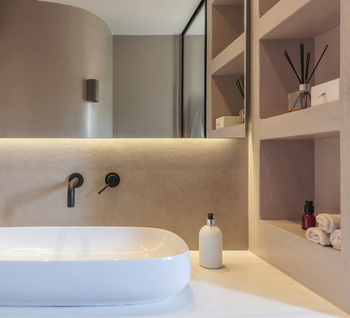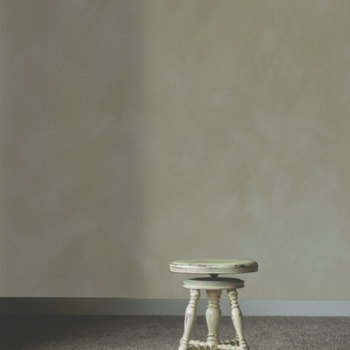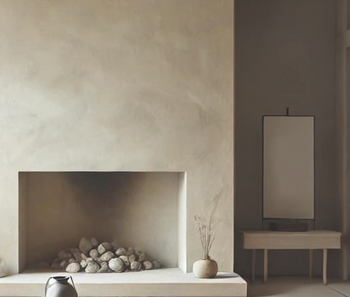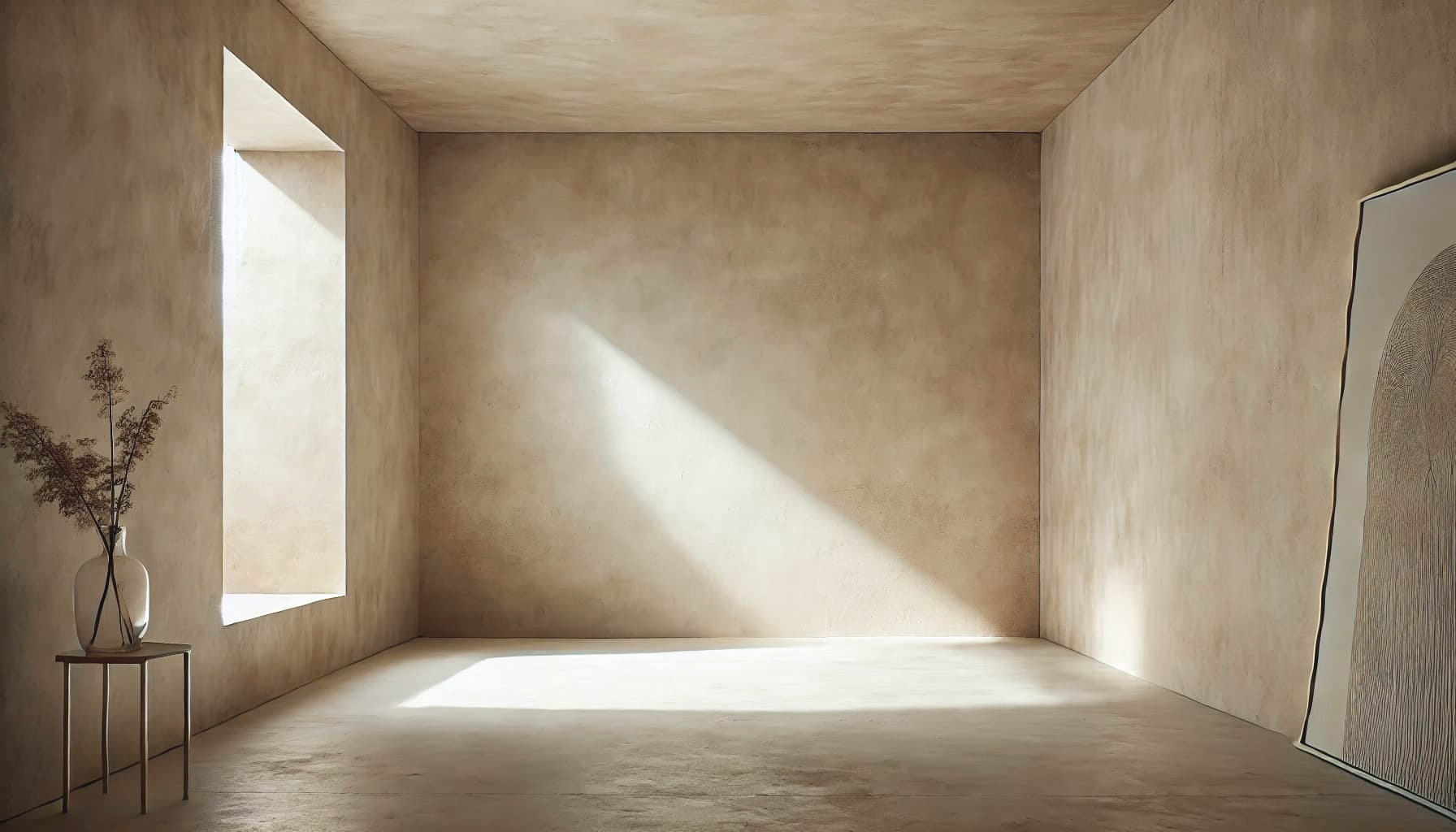
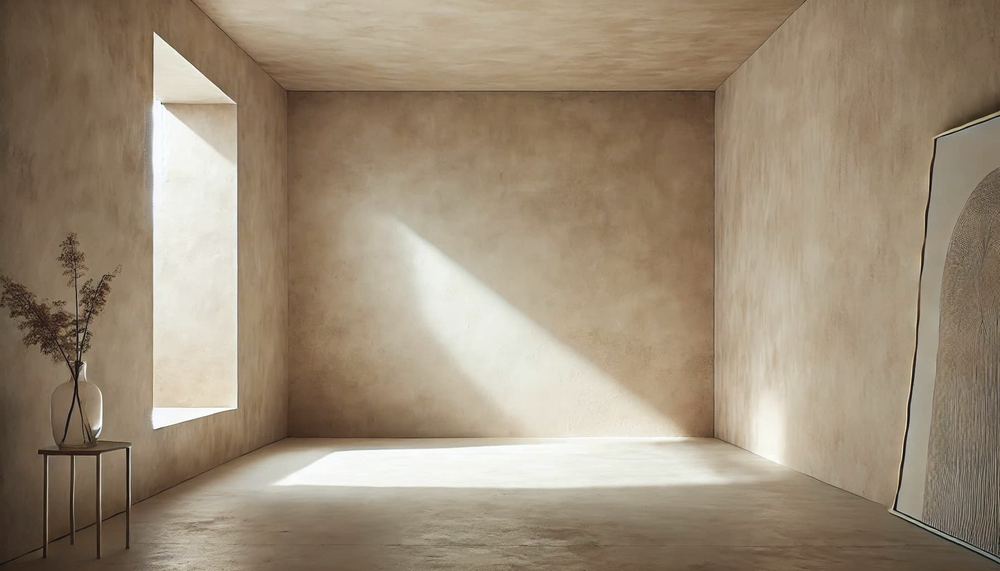
- DESIGN CENTER
A signature between matter and feeling
Design, an invaluable role in the advancement of the construction field.
We design permanent living environments.
Our approach
Quality of purchased and recycled materials
Favor natural materials such as FSC-certified wood, bamboo, cork and ecological textiles. Use recycled or recyclable materials to reduce the consumption of new resources.

Sustainable practices
Incorporate things like composting areas in the kitchen, well-designed recycling stations, and energy-efficient lighting and air conditioning systems. These elements encourage occupants to adopt environmentally friendly behaviors on a daily basis.

Balance between new and second hand
Adopting a balanced approach between the existing, the new and the second hand means making a conscious choice that reduces the ecological impact while meeting daily needs.

Space optimization
Design flexible spaces that can evolve with the needs of occupants and that optimize the use of available space, thereby reducing the need for unnecessary expansion and consumption of additional resources.

Waste reduction
Minimize construction waste by choosing materials carefully and recycling waste generated during the design and construction process.

Conscious lifestyle
Simplify your life by reducing material clutter and aiming to live more intentionally, balanced and connected with the world around us.

Simplicity and minimalism
Favor a minimalist design aesthetic that emphasizes quality over quantity. Encourage customers to choose durable, timeless pieces rather than fleeting trends.

Indoor air quality
Avoid materials containing volatile organic compounds (VOCs) and choose low-emission paints, glues and finishes. Incorporate indoor plants to improve air quality and create a healthier environment.

Energetic efficiency
Design spaces that maximize the use of natural light to reduce reliance on artificial lighting. Integrate energy-efficient heating, ventilation and air conditioning systems to minimize energy consumption.

Integration of nature
Maximizing the use of natural light and ventilation to reduce reliance on mechanical systems. Integration of a biophilic design.

Holistic and ethical approach
Collaboration with manufacturers and artisans who share ecological values. Commitment to responsible practices throughout the design and construction process.

Education and awareness
Sharing knowledge with clients and industry professionals on the benefits of ecological interior design.

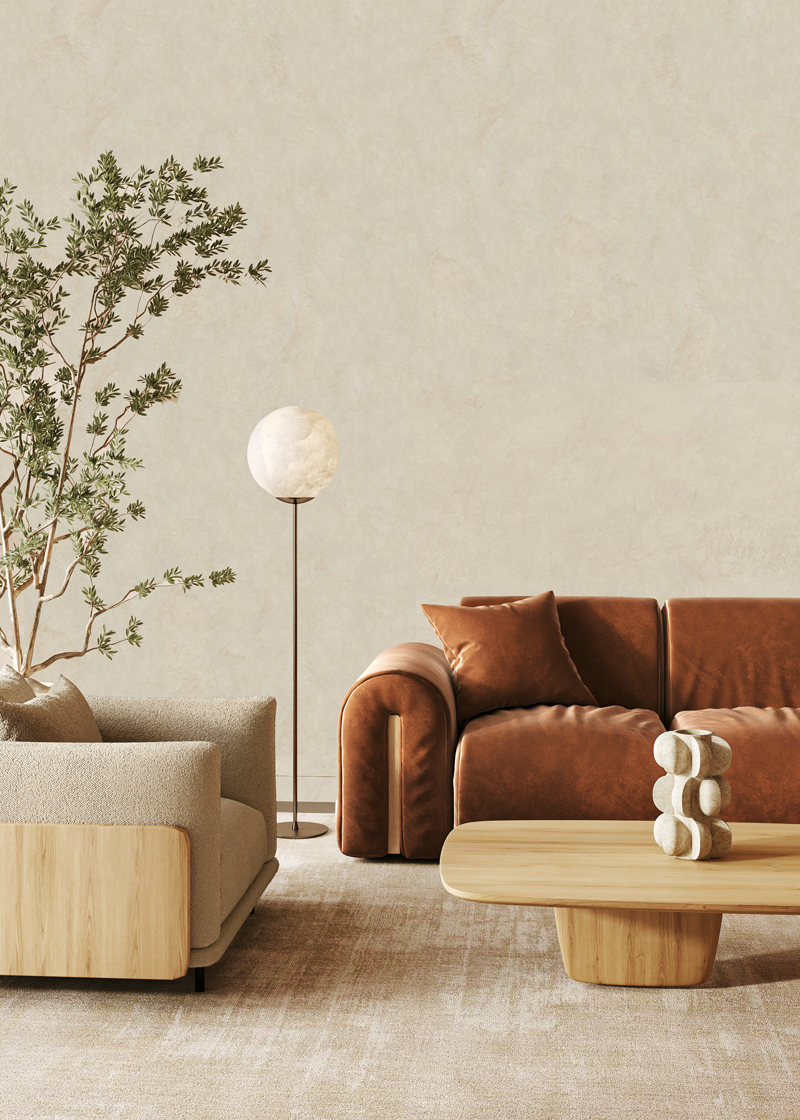
DESIGN STYLE
Our interior design concepts
To stay true to our sustainable and eco-friendly approach to designing our projects, we have developed four design styles that perfectly embody our conscientious philosophy, aligning our values with current trends.
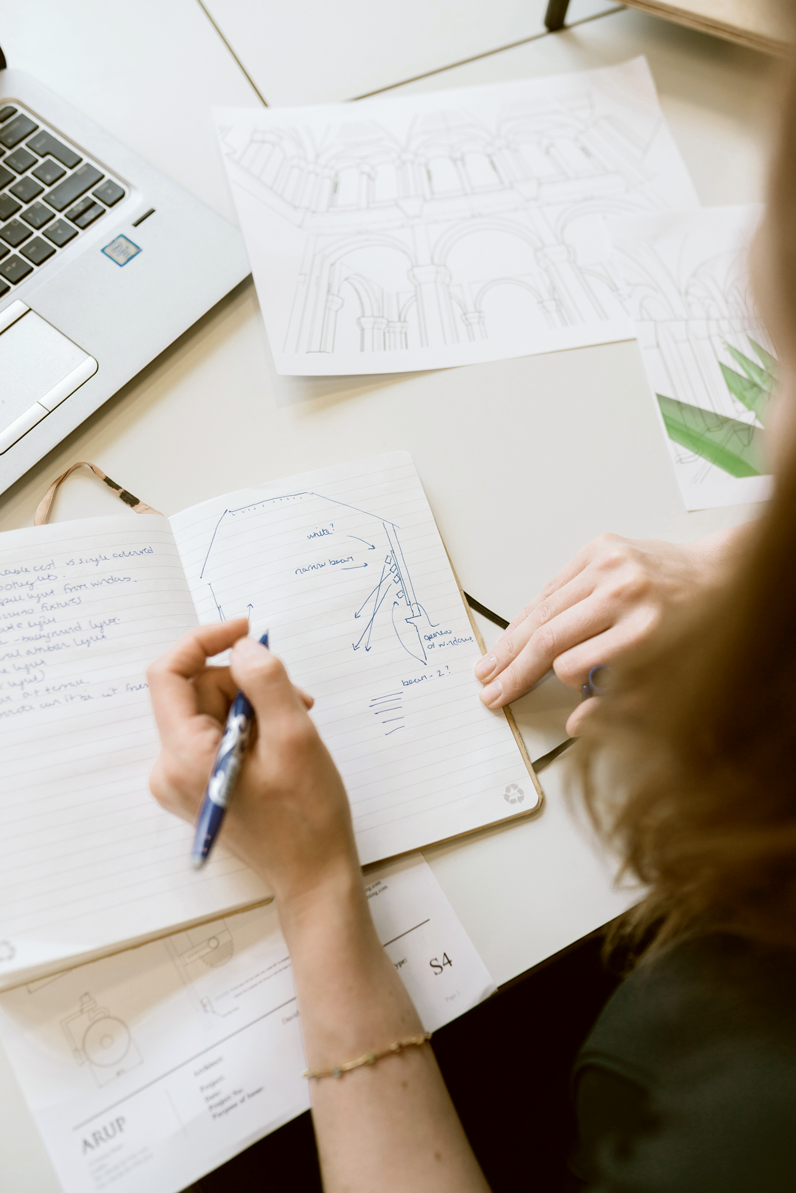
EXPERTISE
Our service offers
Major renovation projects, real estate acquisition, self-construction or simply improving your space, we can collaborate!


